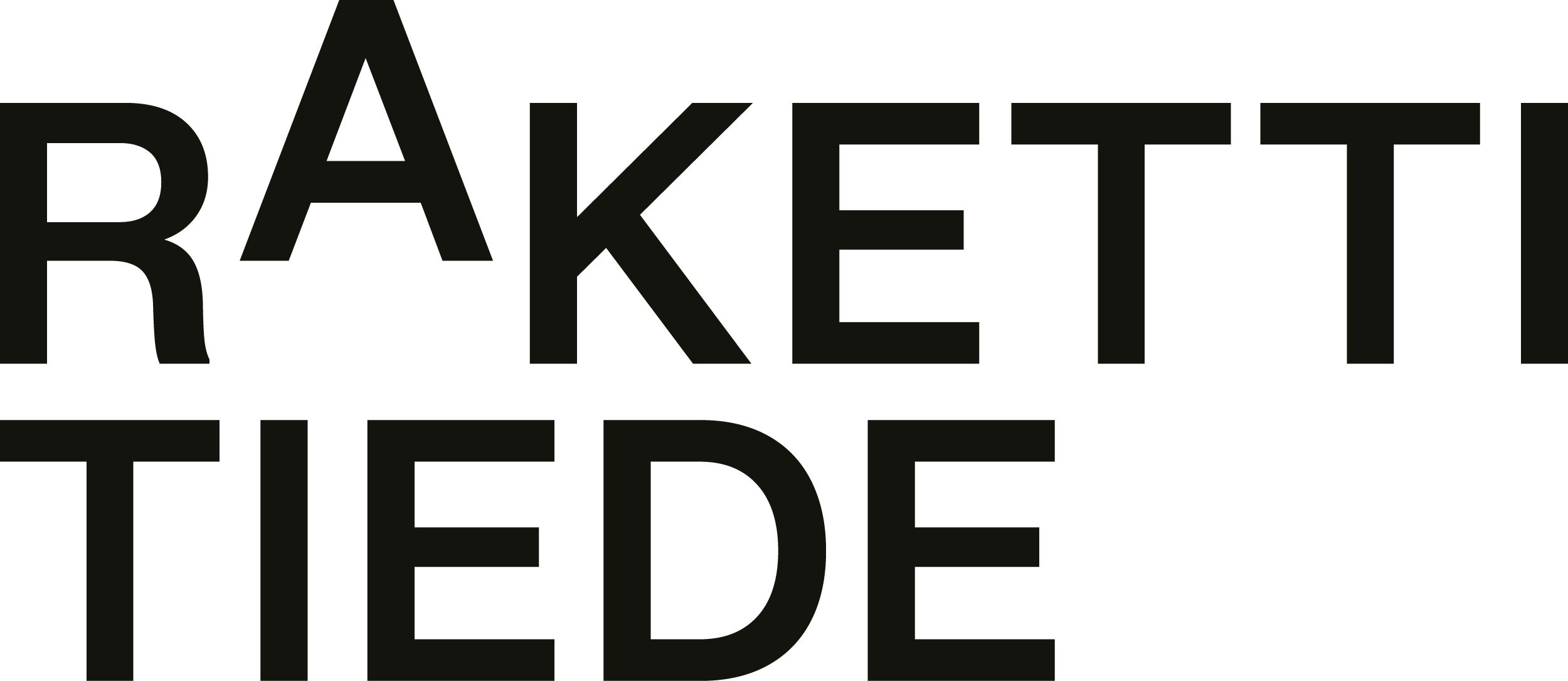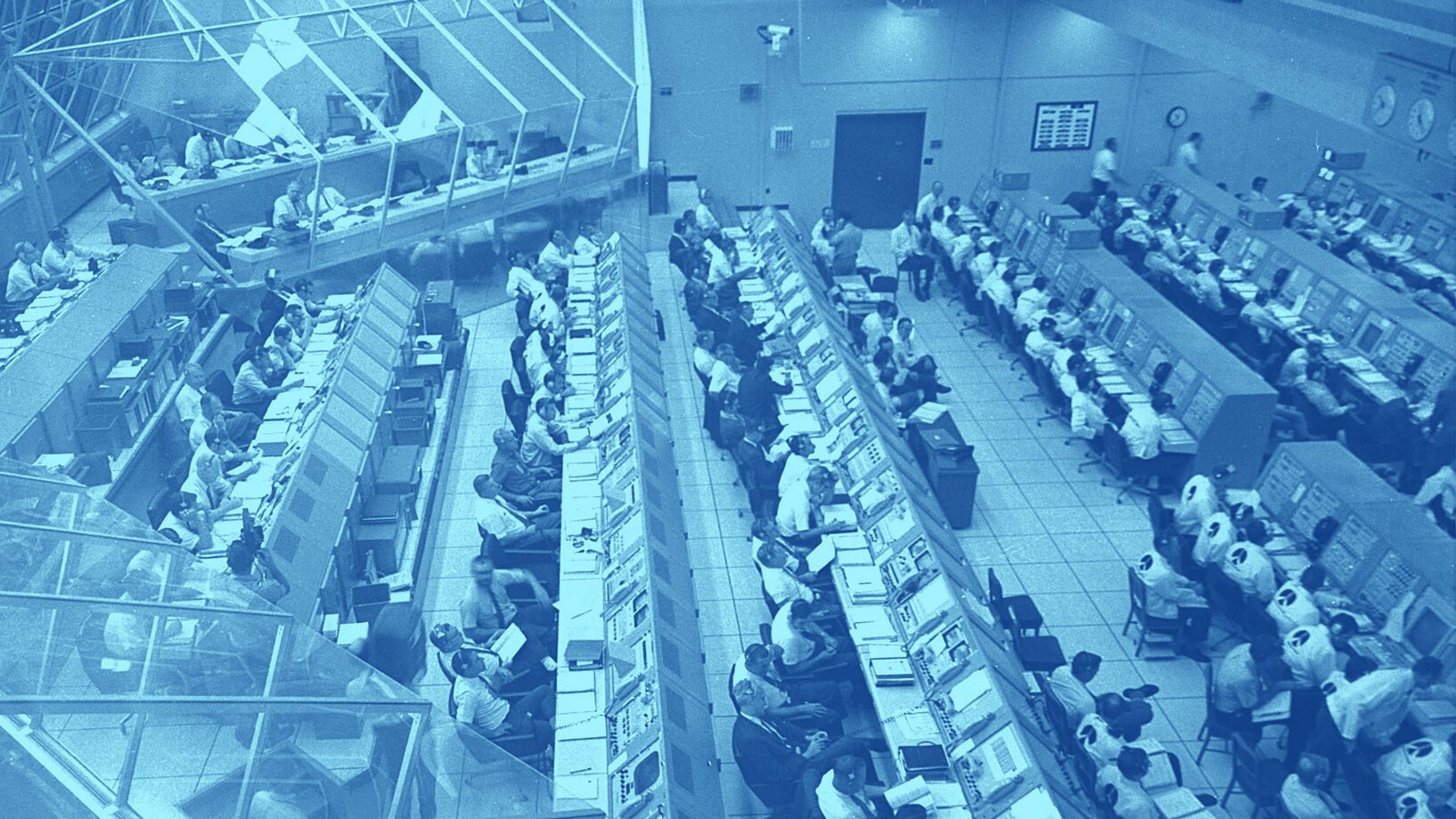A glitchy Mind is the bane of the IT industry – the importance of management for coping at work
IT industry, coping at work and leadership. Has anyone figured out how this code snippet actually works yet? As far as we know, the answer is no, so we decided to dig into the matter a bit. We also received help from our clients who really embraced the topic – as it should be!
Antti Hermunen, who used to work at F-Secure before moving on to new challenges, Jani Kielenniva from Apetit, John Liljelund from Vaisala and Mikko Hiltunen from Suunto discussed the sore points of coping at work.
Diamonds aren’t created under pressure
Statistically, the IT industry has a lot of room for improvement when it comes to coping at work: mental health issues are the main cause of sick leave in the field. Just saying like it is.
Often, problems with coping and mental health are still seen as something an individual has to manage alone. This applies to working life in general, but the IT industry certainly has nothing to boast in this regard.
“If a person is completely stressed out and but feels like they should keep on pushing, management has failed. Sales and management should take a long hard look at themselves. How could we let something like this happen?” says Antti Hermunen, a former manager at F-Secure.
Developers can easily fall into a pressure cooker, which is powered not only by the client's wishes but also by the expectations of the organisation as well as the developer’s self-expectations. Often the developers feel like they need to make everyone happy at any cost.
“I feel like it’s a general problem in the field. Developers are often under tremendous pressure and they have a lot of responsibilities. The developer may easily be left alone during the final work phase, which of course makes the pressure build up,” says Jani Kielenniva from Apetit.
Hermunen says the industry has upheld an unhealthy culture where people keep pushing on by the skin of their teeth. One reason for such behaviour may be that no one wants to feel like they’re the weakest link. Even if a person doesn’t really feel the need to use ruthless tactics to get ahead in life, they may still compare themselves to others around them.
“I would compare it to starting at university: if you used to be at the top of your class in upper secondary school, in university you’re just one of many with a similar background. That’s when the pressure starts to build up,” Hermunen says.
As technologies develop at rocket speed, keeping up requires some serious work. It goes without saying that with everything else going on this can really take its toll. Trying to find time for both billable work and self-development requires some special antics. Making a quick buck usually wins.
“The technology industry and software development are getting increasingly complex all the time. From what my contacts have told me, the workloads are constantly increasing across the board, especially in terms of complexity. That means even your daily job will inevitably start to feel a lot harder,” says Mikko Hiltunen, a former manager at Suunto.
When a person talks to another person, good things are afoot
It’s the boss’s job to keep an eye on how people are coping. Easier said than done – doing this in a way that ensures success can be challenging in practice. At least according to Rakettitiede’s investigations, Finnish IT managers have very limited psychic training or experience under their belts.
Then how the hello-kitty are you supposed to know what someone’s really thinking? For a Finn, opening up about one’s challenges comes as naturally as petite air kisses or small talk that exceeds four sentences in length. What are you drivelling about! Onwards and upwards, you can always sleep next week.
All interviewees agree that proactive and friendly one-on-one conversations at least once a month are the best – and perhaps the only – way to catch up with each employee. That way a conversation can feel almost like having a casual chat in the local pub over a pint.
“Should you maybe slow down a bit, or do you need more challenges? Is everything all right at home? People respond differently to enquiries and the same questions aren’t suitable for everyone. Some people are very open about how they’re feeling, whereas others need six months before they learn to name their feelings,” says Mikko Hiltunen from Suunto and emphasises the importance of confidentiality.
A manager doesn’t ask about how things are progressing, how the holiday went or whether Spot’s stomach problems have passed just to chew the fat. A good leader is first and foremost a good, empathetic individual.
“I used to have around 16 people under me at F-Secure. I spent eight hours every second week thinking only about their lives. In addition, I spent another eight hours thinking about them outside the meeting,” Antti Hermunen recounts.
“I’ll just come out and say it: it can really keep you up at night. We’re all equipped with a variety of sensors. You can often sense if someone’s going through a rough patch. At the same time, I’m a strong believer in empathising and giving thanks. As I’ve got older, I’ve tried to be very proactive about giving encouraging and positive feedback. At the same time, you have to look in the mirror and make sure that the job description and the target setting are clear,” John Liljelund from Vaisala reminisces.
Free investment tip: all in on the Mind!
A classic piece of news reporting from years ago featured a drier man who had just learnt about the massive lay-offs in the paper mill where he was working: “I felt good coming to work this morning, but now I’m f***ing pissed off!”
Things still seemed to be going pretty well for that guy. He got annoyed with his work only after arriving at the workplace.
“One of the biggest promoters of coping is the feeling that your work has meaning. That’s when you start your day with renewed energy. If that feeling changes and you at some point realise you don’t really like coming to work, that’s when you know you’re in trouble,” Kieliniva says.
“Leadership is coaching, but coaching doesn’t mean just showing people what they should do. A coach should help people find meaning in what they’re doing. Providing support for finding that motivation is the supervisor’s most important job,” Hermunen adds.
On the positive side, tapping away on the keyboard can serve a variety of purposes within the industry. However, when it comes to finding your work meaningful, there are pitfalls at the other extreme as well.
Many professionals in the field live and breathe coding and seemingly work around the clock. This holds a risk of not realising that without pit stops and refuelling the tank will run empty halfway through the race.
“Especially in the telework era, individual challenges can be related to life management. The employer’s job, then, is to try to find tools that can help. The employer needs to be able to bring a stop to the situation if they notice that working doesn’t stop for the night. It’s something that has to be addressed. There should be a proper discussion on how harmful working around the clock can be in the long term,” Liljelund says.
So is today’s IT manager supposed to be the embodiment of a life coach rather than Steve Jobs? Maybe that’s taking it a bit far, but generally speaking promoting and investing in well-being has become increasingly popular. Some get energy from exercise, while others prefer to recharge by reading poetry. The method of relaxation is irrelevant, as long as the wheels in the machine stop turning every once in a while.
“I think we need to really pay attention to well-being – we need to make it possible and also very attractive. Investing in well-being will pay for itself many times over: a well-rested, energetic and creative individual is always more productive," Liljelund concludes.
This year, Rakettitiede celebrates its 10th anniversary while keeping a keen eye on the future. We want to keep boosting our clients’ demanding software development projects in the decades to come, so we teamed up with the Finnish Central Association for Mental Health to see what we could do to improve well-being in the industry. We decided to start a countdown to a more mental health positive tomorrow and embarked on a journey to find ways to develop organisational cultures and promote employee well-being.
Selling a recently serviced and inspected consultant in mint condition. Buy yours today!
Read more:
Talking shop with IT managers: how are people led today?
Rakettitiede claims: The Primary Programming Language of the Future is the Mind
A Five-Star Mind Menu for Developers – A Diablog
Hot or Not? Timelapsing through the World of Programming Languages
Rocket Scientists’ 10 Commandments for a High-Quality Coding Future

